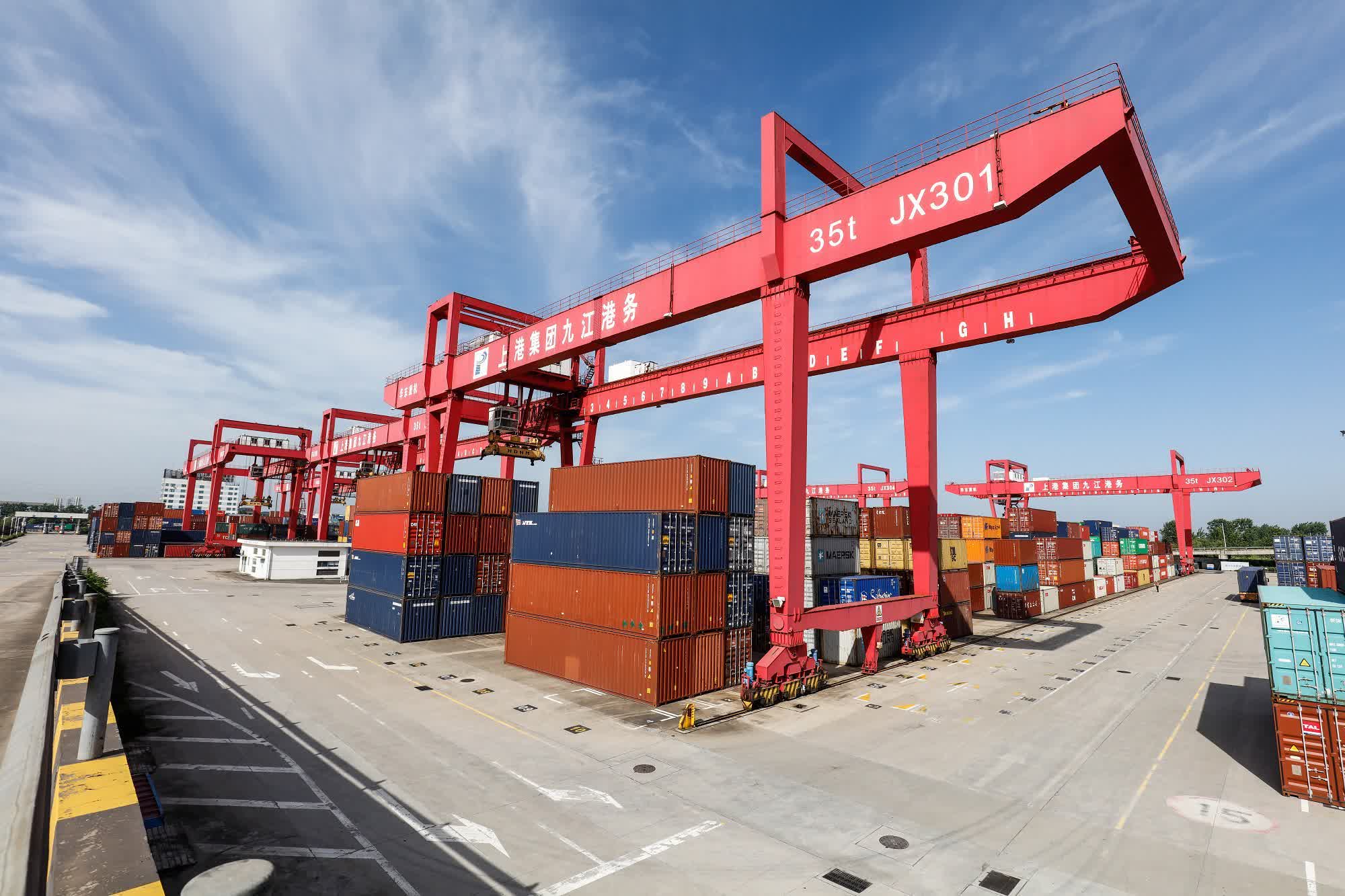In a nutshell: With the global chip shortage showing little signs of improving, at least in the short-term, China imported a record number of semiconductors last month: 58.9 billion units, worth around $35.9 billion.
As reported by the South China Morning Post, data released by the General Administration of Customs show that China's total integrated circuit (IC) imports reached 155.6 billion units in the first quarter, up 33.6% from a year ago and worth around $93.6 billion. For comparison, the first quarter of 2020 saw 116.1 billion imports worth $72.1 billion.
Most of the chips China is stockpiling cannot be manufactured within the country at this time, including volatile memory. With demand for products surging across the world as many economies reopen, Chinese firms don't want to miss out.
The bigger concern, of course, is the trade sanctions being placed on Chinese firms by the US government. Huawei saw its first-ever quarterly revenue decline in Q4, the result of its addition to an Entity list in 2019 that means US companies require a license to do business with the tech giant.
Last week saw seven more Chinese supercomputer entities added to the same list "for conducting activities that are contrary to the national security or foreign policy interests of the United States," while SMIC was hit with sanctions last year.
With the threat of being cut off from American companies, firms in China are stockpiling chips, a practice exacerbating the global shortage issues that have already reached crisis levels.
Beijing recently said it would waive levies on imported semiconductor parts and materials until 2030. However, China plans to reduce its reliance on overseas manufacturers and use more chips from domestic producers by 2025, thereby mitigating the supply chain risks resulting from US trade sanctions.
Intel, which has its own fabs, yesterday announced that it was in talks with the automotive industry to produce chips for vehicles. This followed a meeting attended by several executives from top chipmakers, auto manufacturers, and high-level officials within the Biden administration to discuss the semiconductor supply chain issues.
Image credit: humphery

